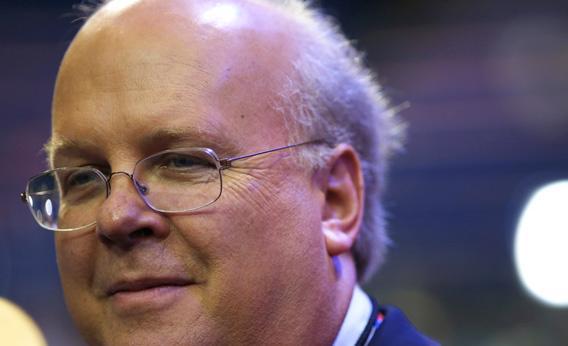Let’s not make excuses for the IRS. The agency shouldn’t have subjected conservative groups to special scrutiny. Campaign finance reform groups should have immediately called for hearings when this scandal broke: Imagine the hue and cry if the IRS during the Bush administration had singled out “progressive” groups for special tax scrutiny and sent them unprecedented questions about their contributors and activities. Given the danger going back to President Richard Nixon of using the IRS against political enemies, the agency has to be scrupulously nonpartisan and fair. Congressional investigations and the Department of Justice criminal investigation announced Tuesday are inevitable and warranted.
But the larger picture here shows why the IRS felt itself forced into the role of campaign finance regulator, and why people also are calling for the Securities and Exchange Commission and state attorneys general to regulate campaign contributions. This is all about the failure of Congress to require the disclosure of donors who bankroll groups designed to influence elections.
The problem of secret donors is relatively new. Before the Supreme Court’s controversial 2010 opinion in Citizens United v. FEC, a political action committee established to affect the outcome of a federal election could take individual contributions only up to $5,000, and no money at all from corporations and unions. To evade those limits, advocates set up 527s, which took large individual donations, as well as corporate and union money by claiming they were not PACs. (Some of them, including a 2004 pro-John Kerry 527, Americans Coming Together, eventually got into trouble over this with the Federal Election Commission.) A plus for 527s: They had to disclose all of their donors. That’s thanks in part to legislation supported by congressional Republicans, who saw 527s as a tool used often by Democrats and supported greater regulation of them.
Citizens United led to the replacement of 527s with super PACs. Like 527s, super PACs were supposed to disclose their donors to the FEC. So the battle shifted to avoiding disclosure. When Karl Rove began his super PAC American Crossroads, at first his fundraising was pretty anemic. He then set up Crossroads GPS, under section 501(c)(4) of the tax code, which is for “social welfare” organizations, which are supposed to further the general welfare (the provision talks about “civic betterment”). Donations to (c)(4)’s are not tax deductible. The main benefit is that contributors’ names are not public. Crossroads GPS took in lots of money from donors who preferred to be anonymous.
To keep your (c)(4) status, though, campaign activity cannot be your primary purpose. This is what the fight at the IRS has been all about. If Crossroads spends half of its money on ads calling for Obama’s defeat, and half on ads just criticizing Obama in the off season, the group can argue it clears the bar. Campaign finance reform groups fought this interpretation vigorously, and the IRS responded in a ham-handed way, leading to the current controversy. And while major groups like Crossroads GPS have top lawyers who can fight the IRS for as long as it takes, small Tea Party groups have gotten caught in the agency’s web.
The solution is actually pretty straightforward: Congress should set clear rules to require any entity, regardless of its tax status, to disclose donors whose money pays for federal election ads. If a group does not want to disclose all of its donors—perhaps it does a lot of things aside from running such ads—it can simply set up a separate fund for ads, and disclose only the donors to that fund. Such a rule would take the IRS and others out of the business of trying to police disclosure, by stopping the cat-and-mouse game whereby donors try to hide their election-related contributions through this or that provision of the tax code.
Republicans supported disclosure in the early 2000s. Democrats now have proposed legislation that would close the disclosure loopholes once again, but this time Republicans have shown little interest in signing on. Before the IRS scandal broke, it looked like Republican Sen. John McCain was getting ready to buck the trend and support new disclosure regulations. The whole reform effort is now in serious jeopardy. Republicans in Congress, rightly outraged, will focus their hearings and outrage on the IRS’s excesses. When they are done, they will use the scandal as an excuse to avoid fixing the broken disclosure laws. The IRS will come away wounded and gun-shy. The shadowy world of campaign finance is about to get even more shadowy.
